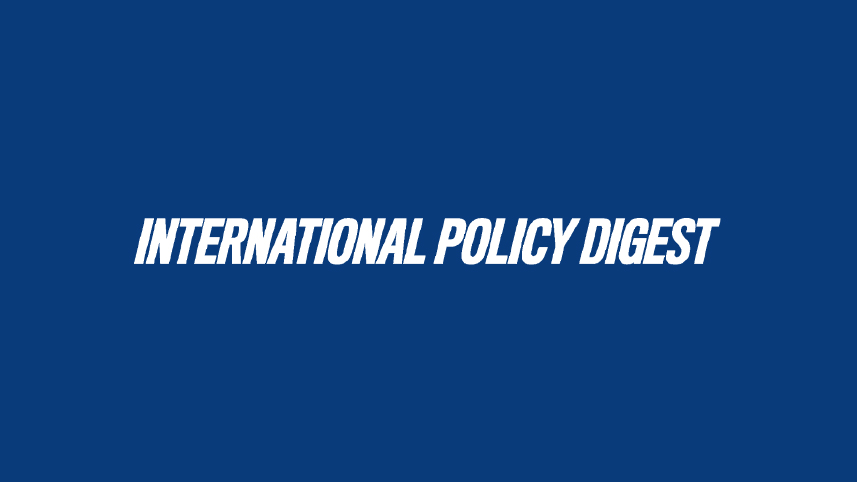The Litigation Daily: Plaintiffs Firm Accuses KBR of Silencing Whistleblowers
By Jan Wolfe,
Thanks to some aggressive litigating by a plaintiffs firm, regulators and legislators are reportedly looking into whether military contractor KBR Inc. silenced whistleblowing by requiring employees to sign confidentiality agreements during the course of routine internal investigations.
According to an April 1 story by the Washington Post, two democratic congressmen on the House Oversight and Government Reform Committee have launched an investigation into whether KBR’s confidentiality agreements violate federal laws designed to protect whistleblowing. Back on March 10, the Post reported that the U.S. Securities and Exchange Commission opened a similar investigation into KBR’s activities.
“The use of these confidentiality agreements could raise significant concerns if employees of federal contractors are being prohibited from disclosing allegations of waste, fraud, or abuse to government agencies,” Rep. Elijah Cummings (D-Md.) and Rep. John Tierney (D-Mass.) wrote in a letter to KBR’s chairman, according to the Post.
The investigations are largely the doing of Stephen Kohn and his Washington-based firm, Kohn, Kohn & Colapinto, which specializes in whistleblower cases. Kohn told us he hopes that regulators look into whether legitimate fraud claims were covered up through the use of these confidentiality agreements. “We don’t have the resources to do that, but regulators do,” he said.
Kohn, Kohn & Colapinto exposed KBR’s use of the confidentiality agreements in what began as a seemingly unremarkable False Claims Act case. Since 2007, the firm has represented a former Halliburton Company employee who says KBR inflated the cost of performing services like laundry at U.S. military bases in Iraq (KBR, formerly known as Kellogg Brown & Root, was a Halliburton subsidiary until 2010). A subcontractor, Daoud & Partners Inc., is named as a co-defendant in the suit on the grounds that it allegedly paid kickbacks to KBR. Vinson & Elkins represents KBR. Quinn Emanuel Urquhart & Sullivan represents Daoud.
During discovery in the case, which is pending before U.S. District Court James Gwin in Washington, it came to light that KBR had done an internal investigation of the overbilling claims. Kohn, Kohn & Colapinto demanded to see KBR’s files from that investigation. KBR invoked attorney-client privilege. The plaintiffs firm didn’t buy the attorney-client privilege claim. It demanded discovery on the question of whether the documents were privileged. It also deposed a KBR in-house lawyer about the company’s approach to internal investigations.
Earlier this year, KBR turned over confidentiality agreements that its in-house investigators required employees to sign in the course of internal investigations into potential contactor-fraud. By signing the agreements, the employees were stating that they agreed that to keep the contents of their interviews confidential. Disclosure of that information harms KBR, the agreement states, and is grounds for termination. (You can see the one-page agreement here)
Kohn was livid. Just days after the deposition, he notified the SEC and U.S. Department of Justice in February of his firm’s discoveries. “The apparent purpose and intent of the confidentiality agreements was to vacuum up any potential adverse factual information, conceal it in locked file cabinets and gag those with first-hand knowledge from going outside the company,” Kohn wrote in a complaint to the agencies.
In an email, KBR spokesperson Richard Goins said misinformation is being spread about KBR’s policies. He wrote that the company posts signs at worksites that inform employees about how they can report suspected contract-fraud directly to governmental departments. “When we sent investigators out into the field at the direction of our lawyers to interview potential witnesses, we asked them to maintain the confidentiality of the investigation,” he said. “Our investigative actions were after a complaint had already been made, and as is standard during the conduct of an inquiry, investigators requested confidentiality from those they were speaking with.”
See the original article here.
Latest News & Insights
October 16, 2024




